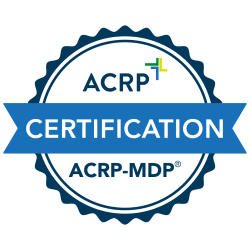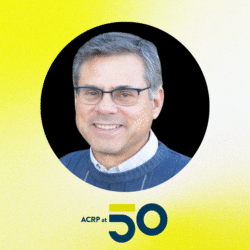Whether it is a case of early-career love at first sight or an arena that a seasoned job seeker enters for a change of pace after time spent in traditional drug studies, there’s little doubt that specializing in clinical trials of medical devices can be an attractive and rewarding, but very different, rodeo for clinical research professionals to play in.
Medical devices may be as complex as life-enhancing products implanted in patients or surgical assistance equipment, or items as simple as bandages, gloves, and other non-medication tools of a doctor’s trade, but as noted by one source, “devices must go through various testing processes before they can be approved for patients. Medical device trials, however, are typically smaller in scale and require fewer phases [than drug trials].” The information from this site goes on to describe how medical device studies are divided into three different classes, rather than into the familiar phases of drug studies.
Just as it does for drug research, the U.S. Food and Drug Administration (FDA) has oversight of medical device approvals, as described in brief by one academic source and in greater detail by FDA on its website. Further, one will find that there are some notable differences between how medical device studies are conducted in the U.S. and European Union, as described in another source.
Five years ago, in recognition of the importance of medical device studies within the overall clinical research enterprise, the Association of Clinical Research Professionals (ACRP) developed the ACRP Medical Device Professional (ACRP-MDP) specialty certification exam. It is available to be taken by professionals who already hold ACRP certification as a clinical research coordinator (CCRC), clinical research associate (CCRA), principal investigator (CPI), or certified professional (ACRP-CP), and who meet certain other qualifications.
Of note, the ACRP-MDP is the only ACRP certification exam to utilize references outside the tenets of the International Council for Harmonization, namely by drawing on information found in the International Organization for Standardization’s ISO 14155 on “Clinical investigation of medical devices for human subjects — Good clinical practice.”
Medical device professionals may be found working directly within device design and manufacturing companies that sponsor studies, or monitoring studies on behalf of them while employed by contract research organizations or acting as independent consultants, or serving as research team members at sites where device studies are conducted.
To date, the ACRP-MDP exam has been taken by nearly 100 candidates, and 82 certificants are active as ACRP-MDPs in the U.S., Canada, Germany, Netherlands, and South Africa.
Stay tuned at the ACRP 2025 conference in New Orleans next April for details on how the ACRP-MDP program is evolving to meet current demands in the research workforce. Presentations focused on medical devices to be delivered at ACRP 2025 include “A Regulatory Framework for Testing Artificial Intelligence as a Medical Device,” “Building an Integrated Clinical Evidence Strategy for Medical Device R&D,” and “Comparing and Contrasting Approaches to In Vitro Diagnostics Research vs. Other Medical Devices.”
Author: Gary Cramer



